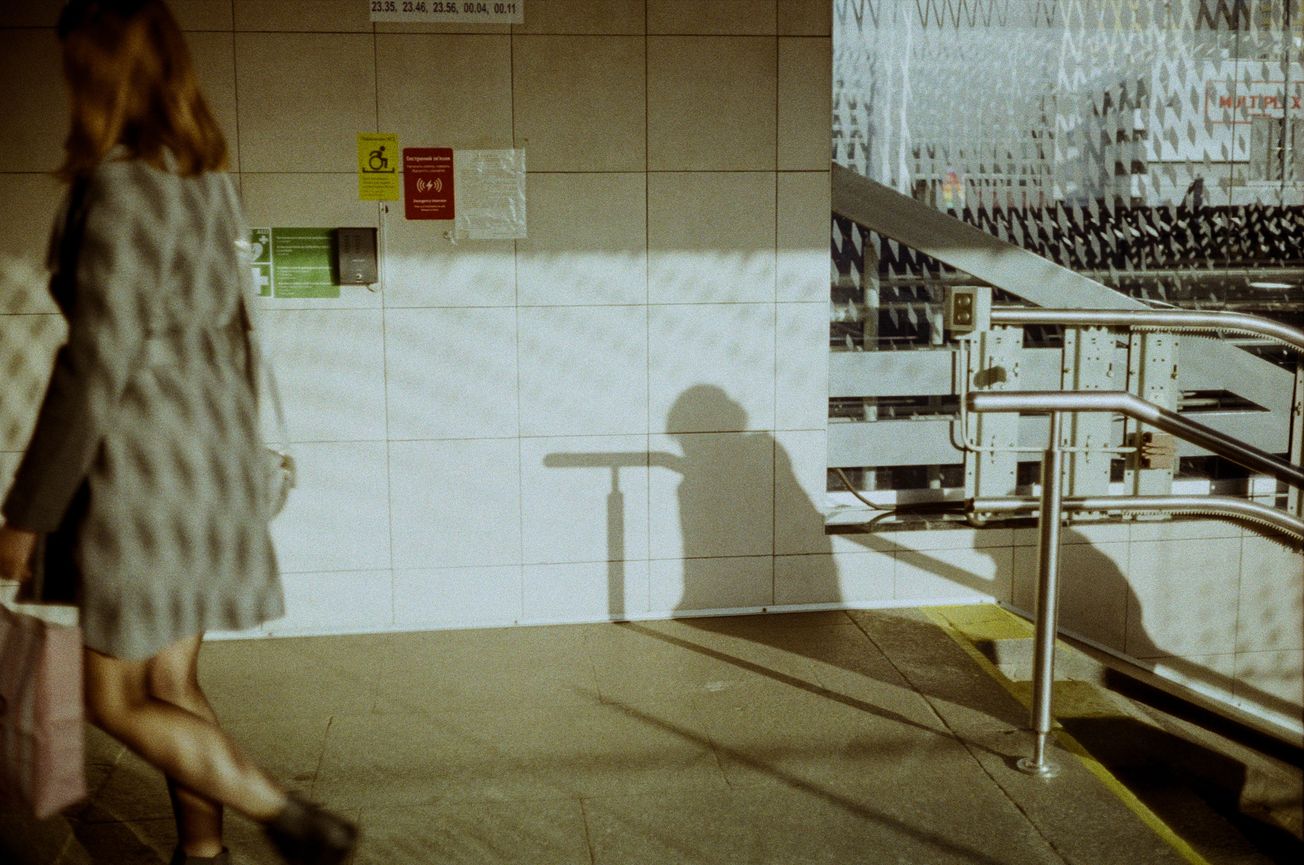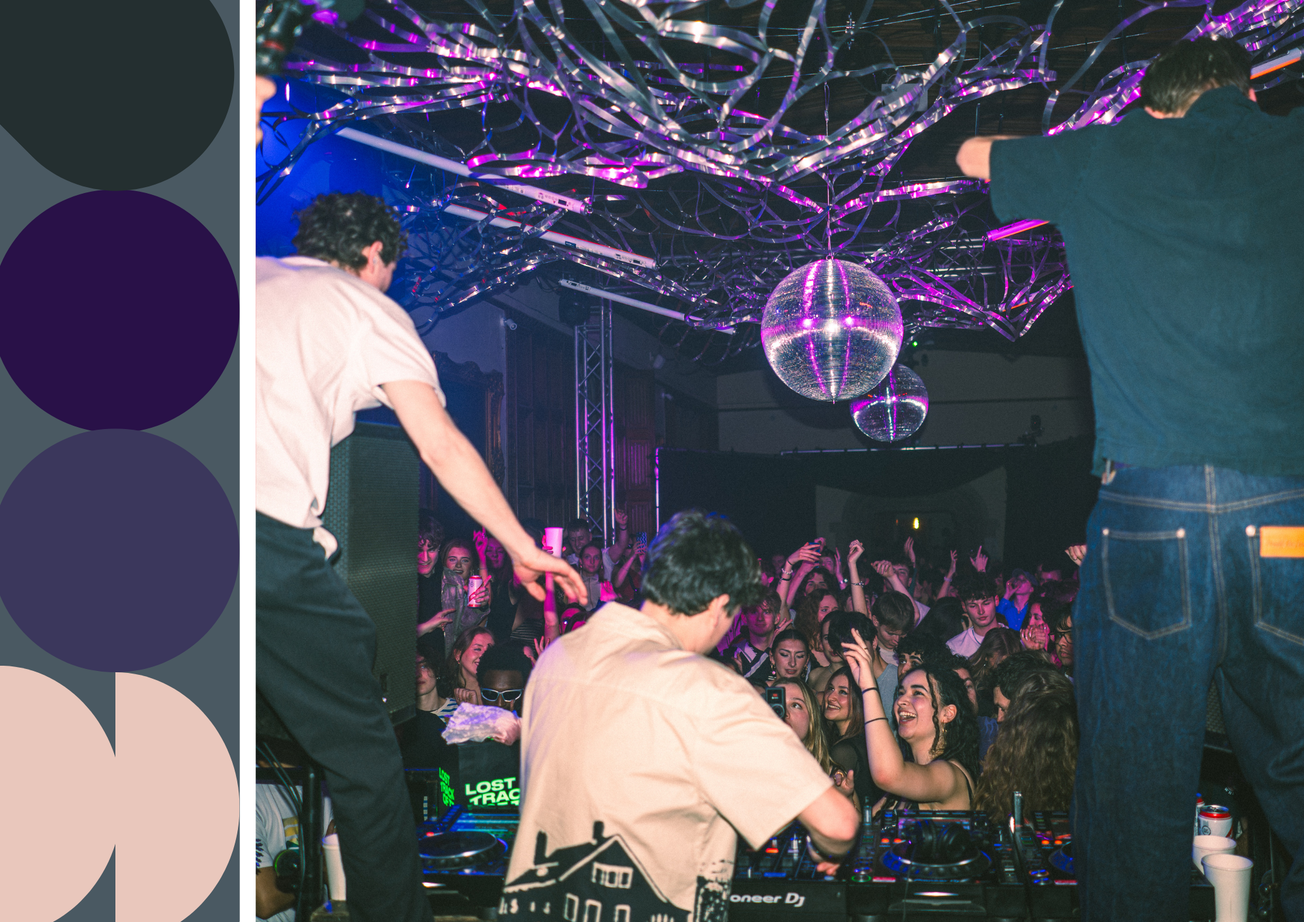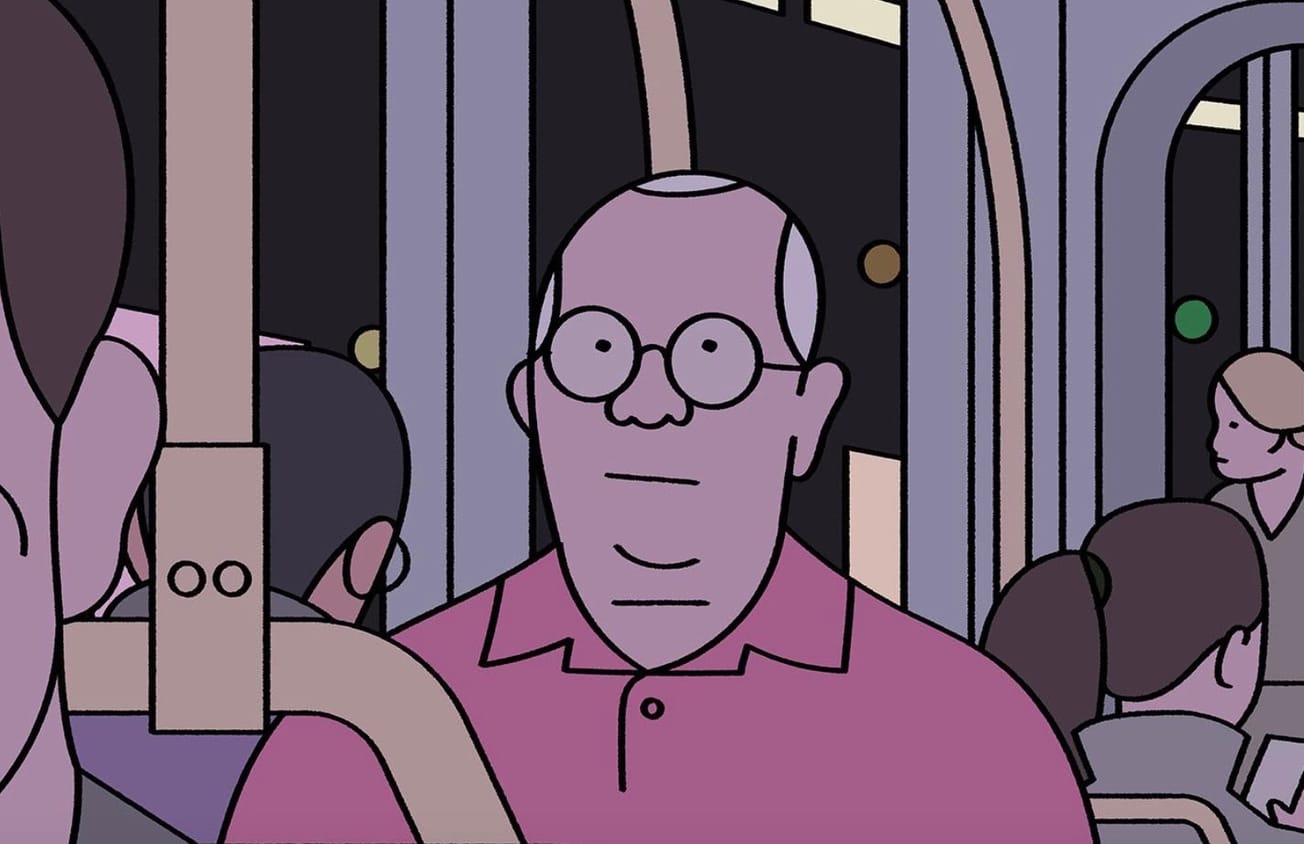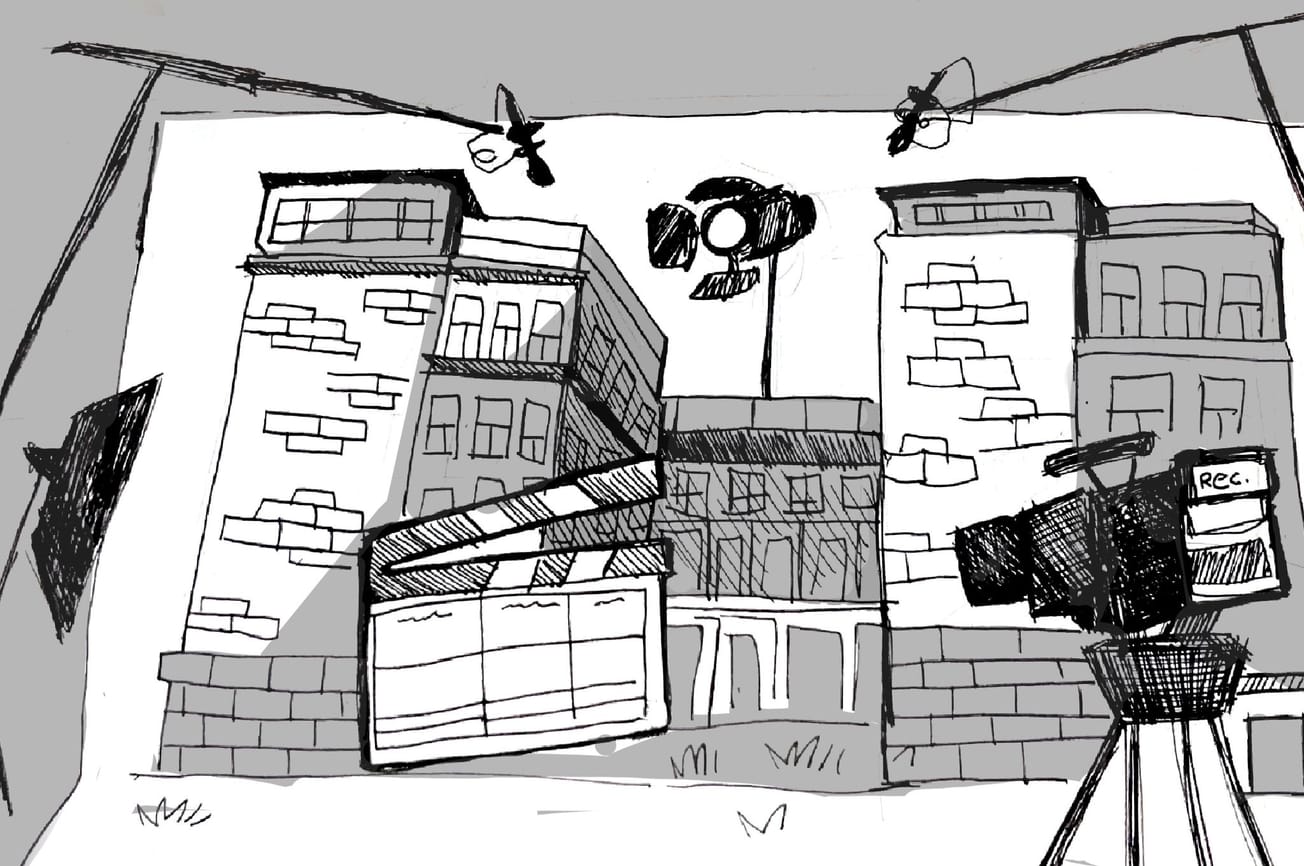By Jess W, first year English
Trigger warning: mentions of drug and alcohol abuse, self harm and suicidal thoughts.
The Croft Magazine // Whilst the journey to sobriety can seem like a daunting task surrounded by stigma, Jess W discusses how her life has improved since tackling her addiction and the lifechanging lessons she has learnt in the process.
In the kitchen of my University accommodation: a couple of flatmates are sitting with their laptops out, crowding the table with loose sheets of equations that they’re swapping back and forth; someone else has returned from their daily gym session and is over at the hob, stirring a tray of 5% fat beef mince into a soon-to-be bolognese; I’m plunging my hands into a bag of cheap white rice in my cupboard, rearranging the grains over 6 sleeves of fake Valium that I’m for some reason trying to bury, like a drugged-up rodent depositing its foragings. “Don’t snitch”, I tell the room of teenagers before making my exit, probably to drink myself to sleep. Now that I’m sober, my addiction seems slightly ridiculous.
After I’d outgrown my teacher's pet’s aversion to the illicit, I regarded my drug use as an “adult problem”. It felt more mature than my adolescent anorexia, and the self-harming habit I’d developed before leaving school in Year 9. Everyone I knew had been through some sort of episode of poor mental health, but to be an addict meant belonging to a different category of fucked up, with its own special level of hard-earned complexity. I looked at my non-dependent acquaintances' supposed naivety with a feeling somewhere between envy and superiority, suppressing my self-disgust with the consolation that at least I was “experienced”. My sober peers might as well have been children to me - people who’d received the “don’t do drugs” message sitting cross-legged on a green-carpeted classroom floor in the 2000s, and then followed that advice into adulthood in blissful, sheepish innocence. In reality, my intoxicated self was far from wise. I was lucky, not accomplished, to still be getting good feedback on work despite being near-permanently fried, and my routine of smoothing out the rough edges of each day with a risky mix of alcohol and pills was not at all clever or brave.
Nearing the end of my first term at Bristol, a suicide attempt saw me suspended from my studies. Excessive drinking and blood loss from self harm had left me severely anaemic, and the thought of trekking 15 minutes to the Arts Complex, or just down the road to the pharmacy (to collect the taper that I couldn’t bring myself to follow), frequently had me in tears. I was no longer a “functional addict”, an oxymoron that sounded coolly defiant and not entirely undesirable: I was a mess, missing 10am classes to get wine drunk, having housemates help me to the toilet on barely-remembered, undignified evenings on which I apparently couldn’t stand. I showed up to occasional Socialist Students’ meetings only to leave halfway through, the cravings becoming unbearable.
Since getting clean back at home, I’ve gained a renewed appreciation for young people’s resilience. My first few weeks of cessation, in which I could barely eat, was inexplicably sleeping like a baby every night on top of my constant napping (withdrawing from benzodiazepines usually produces restlessness and insomnia), and wanted to die more than ever, were followed by a period of awe and shame. I thought a lot about how people manage, considering the spectacle I’d made of myself whilst living in a flat of 18, 19, 20-something year-olds who’d mostly just moved away from their parents for the first time. They were all dealing with the challenges of the new environment, feeling the full force of independent living and degree-level studies. I wondered how many of my coursemates must have been crying in bed at odd hours like I was, resenting their pasts and uncertain of their futures but determined to keep going, and I felt humiliated by - and then admiring of - their adaptability.
I’ve gone through phases of forgetting just how difficult life is, for everyone, mistaking shining social media profiles and outspokenness in seminars for overall wellbeing. Through first year in particular, it’s hard not to take people at face value, especially when that means a literal (and impressive) full face of makeup applied only for a lecture on medieval romance poetry, or someone’s perfect, tireless streak of consecutive nights out in Freshers Week. Yet we all have our moments of confusion and stress, and there are more people with problems in their personal lives than people sizzling up their nervous systems on street benzos every night just to survive. The tough-love-style mantra “I’m not special” has offered unexpected guidance in my abstinence; I can’t justify my substance use through self-exceptionalisation, convincing myself that my traumas are of a unique magnitude that can only be addressed with vast quantities of tablets I’ve bought over WhatsApp. “I’m not special”, which doesn’t mean that my emotions aren’t valid, but does mean that like everyone else, I’ve got to find sustainable ways to cope.
Now when I remember the semi-nonsensical Instagram stories I’d put up on my way to blacking out, and the garbled voice notes sent from hospital beds to former colleagues, I try to let my addiction humble rather than embarrass me. I’ve been fortunate in so many aspects of my experience: I haven’t been criminalised, I have a caring mum and stepdad with a house I can stay in. I’m grateful that I’ve been supported to start recovery now rather than losing any more months or money to biochemical chaos. While it would be reductive to characterise drug dependency as juvenile or selfish, my own desperate conviction that I had to use to stay alive was certainly blindsided. Getting clean, I’ve rediscovered the extent to which pain can be felt, but also - taking inspiration from Freshers I’ve lived with, some younger than myself, and other students - how to feel and use it properly. Ultimately, coming off benzos has been a lesson in listening to and learning from those around me, knowing that although they might not feel the pressures of life any less than I do, some of them could well have better ways of dealing with them.
I’ve sobered up: maybe I’ve grown up a bit too.
Featured image: Unsplash/Tanya Pro
Reminder: recovery is always possible, and always worth it. You've got this!









